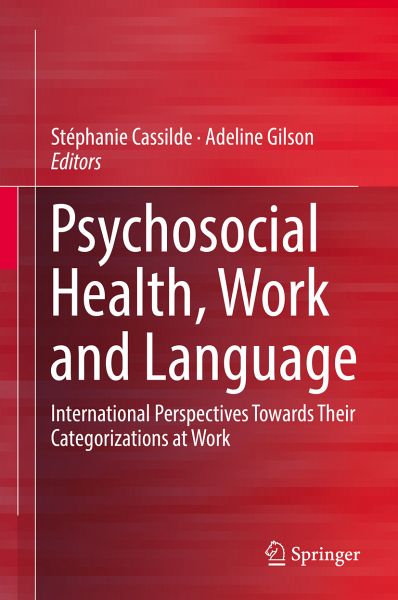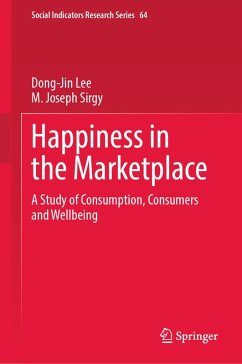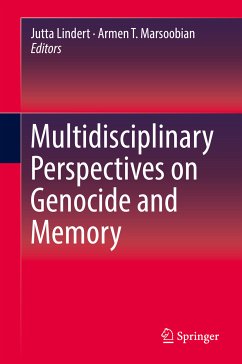
Psychosocial Health, Work and Language (eBook, PDF)
International Perspectives Towards Their Categorizations at Work
Redaktion: Cassilde, Stéphanie; Gilson, Adeline
Versandkostenfrei!
Sofort per Download lieferbar
72,95 €
inkl. MwSt.
Weitere Ausgaben:

PAYBACK Punkte
36 °P sammeln!
This volume deals with the construction of categorizations of health at work on the basis of individuals' perceptions and analyses of the psychosocial health effects at their work. The volume approaches the subject from the point of view of those who have experienced psychosocial risks at work, either by being under constraints themselves or by being witness to such constraints. Each chapter sheds light on their representations by examining how the individuals label these constraints. The book compares official categorizations of psychosocial health effects of work to unofficial categorization...
This volume deals with the construction of categorizations of health at work on the basis of individuals' perceptions and analyses of the psychosocial health effects at their work. The volume approaches the subject from the point of view of those who have experienced psychosocial risks at work, either by being under constraints themselves or by being witness to such constraints. Each chapter sheds light on their representations by examining how the individuals label these constraints. The book compares official categorizations of psychosocial health effects of work to unofficial categorizations, built or expressed. It shows how taking into account subjective narratives may reinforce existing strategies. By giving a central place to language in the analysis of the representations of psychosocial health at work, the volume provides additional information about the various prevention and coping strategies that can be used for dealing with the issue. Beyond some international comparisons,the book covers various national case studies, including in Argentina, Belgium, Canada, Chechnya, France, Germany, the Netherlands, Japan, and Russia.
Dieser Download kann aus rechtlichen Gründen nur mit Rechnungsadresse in A, B, BG, CY, CZ, D, DK, EW, E, FIN, F, GR, HR, H, IRL, I, LT, L, LR, M, NL, PL, P, R, S, SLO, SK ausgeliefert werden.












